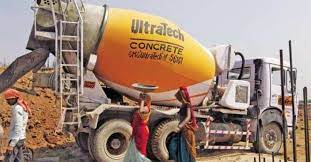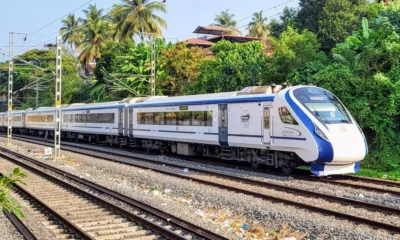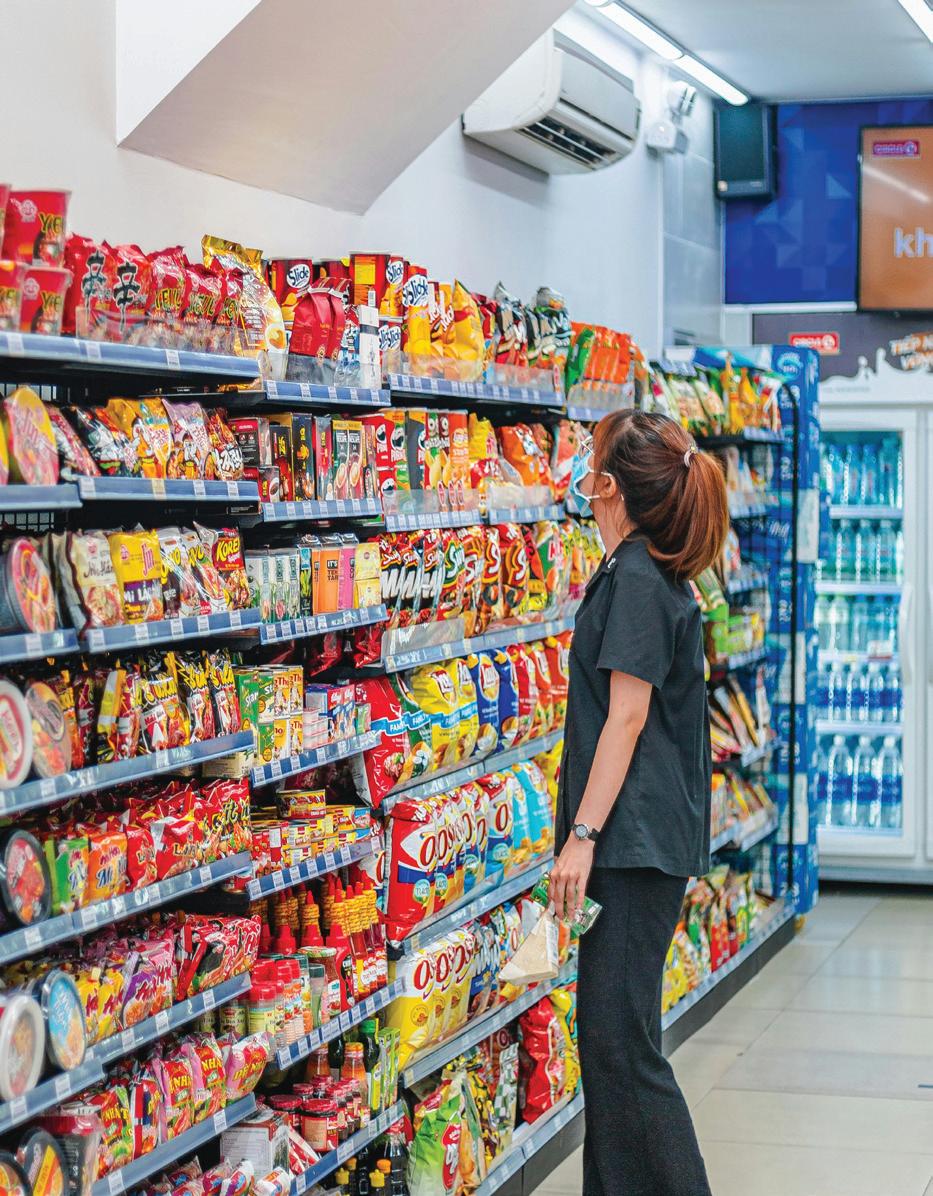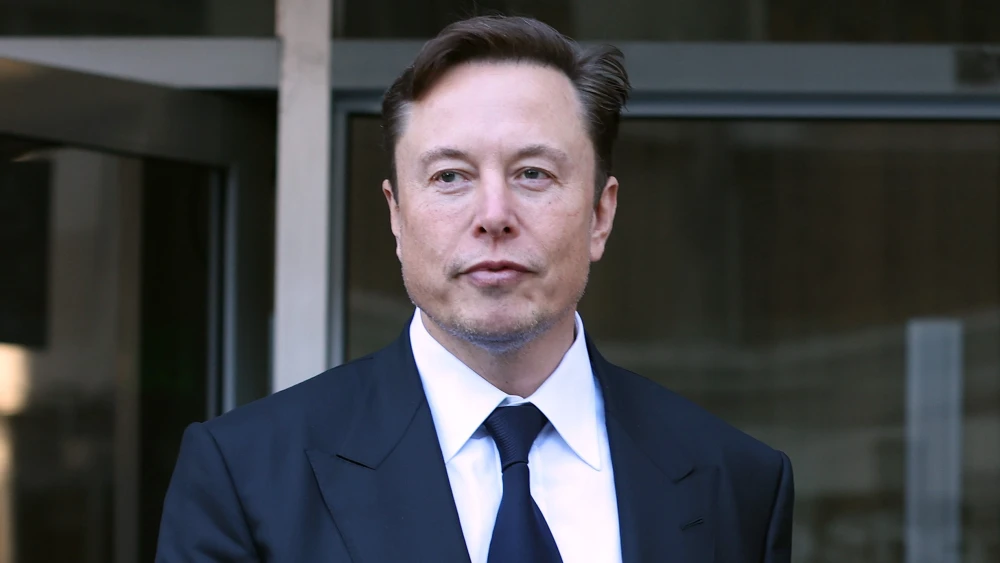In a recent X Spaces session with Nicolai Tangen, CEO of Norges Bank Investment Management, Tesla CEO Elon Musk emphasized the importance of electric vehicles (EVs) in India, stating that it’s a natural progression for every country to embrace them. Musk highlighted India’s status as the most populous country globally and stressed that electric cars should be accessible to Indian consumers like they are in other parts of the world.
Musk’s comments coincide with Tesla’s intensified efforts to expand its presence in the Indian market. Sources reveal that the state governments of Maharashtra and Gujarat have extended enticing land offers to Tesla for the establishment of a cutting-edge EV manufacturing plant. The proposed investment for this venture ranges between USD 2 billion to USD 3 billion, demonstrating Tesla’s commitment to both domestic and international markets.
This move aligns with India’s new EV policy, which aims to attract investments from global EV manufacturers and promote the adoption of advanced EV technology among Indian consumers. The policy emphasizes the importance of domestic value addition (DVA) and sets specific localization targets for manufacturers establishing operations in India.
To incentivize investment, the government has introduced measures such as customs duty exemptions and import quotas for EVs based on the level of investment made by manufacturers. These initiatives aim to position India as a preferred destination for EV manufacturing and contribute to the country’s Make in India initiative.
In anticipation of these developments, Tesla plans to dispatch a team of experts to explore suitable locations across India for the proposed manufacturing facility. Musk’s previous statement about visiting India in 2024 further underscores the company’s eagerness to enter the Indian market and collaborate with local stakeholders.
Tesla’s expansion into India represents a significant step forward in the global EV landscape and underscores the company’s commitment to sustainable transportation solutions. With India poised to become a key market for electric vehicles, Tesla’s entry is expected to drive innovation and accelerate the adoption of EVs in the country.
As the electric vehicle market continues to evolve, Tesla’s entry into India holds the potential to reshape the automotive industry and contribute to India’s transition towards a greener and more sustainable future.
Tesla’s entry into the Indian market not only signifies a pivotal moment for the country’s automotive industry but also presents an opportunity for Tesla to capitalize on India’s growing demand for electric vehicles. With the Indian government’s focus on promoting clean energy initiatives and reducing carbon emissions, Tesla’s electric vehicles align perfectly with India’s sustainable development goals.
Moreover, Tesla’s presence in India is expected to stimulate job creation and economic growth, particularly in the manufacturing sector. The establishment of a state-of-the-art manufacturing plant will not only provide employment opportunities for local residents but also foster the development of ancillary industries and supply chains.
In addition to manufacturing, Tesla’s entry into India is poised to catalyze advancements in EV infrastructure and technology. As Tesla vehicles become more accessible to Indian consumers, there will be a corresponding need for charging infrastructure and support services. This presents opportunities for collaboration with local businesses and government agencies to build a robust EV ecosystem.
Furthermore, Tesla’s entry into India could spur competition and innovation in the domestic automotive market, encouraging other manufacturers to invest in electric vehicle technology. This competition could lead to advancements in battery technology, vehicle performance, and affordability, ultimately benefiting consumers.
Overall, Tesla’s decision to establish a manufacturing presence in India reflects the country’s growing importance in the global automotive industry and underscores India’s potential as a key market for electric vehicles. As Tesla’s footprint expands across the country, its impact on India’s economy, environment, and technological landscape is expected to be profound.
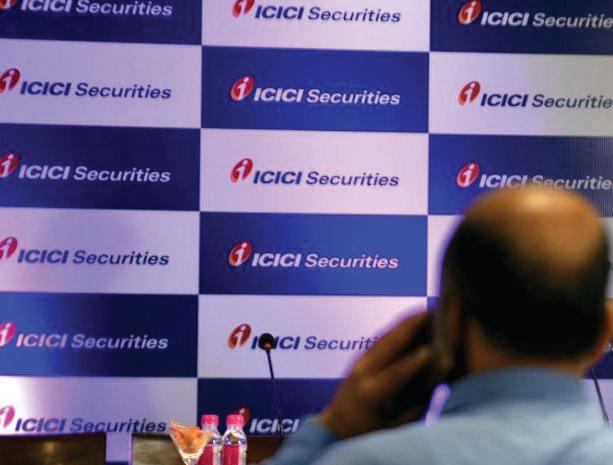

 Opinion2 years ago
Opinion2 years ago
 Fashion7 years ago
Fashion7 years ago
 Entertainment7 years ago
Entertainment7 years ago
 Entertainment7 years ago
Entertainment7 years ago
 Opinion2 years ago
Opinion2 years ago
 Business News2 years ago
Business News2 years ago
 Policy&Politics2 years ago
Policy&Politics2 years ago
 Business News2 years ago
Business News2 years ago
